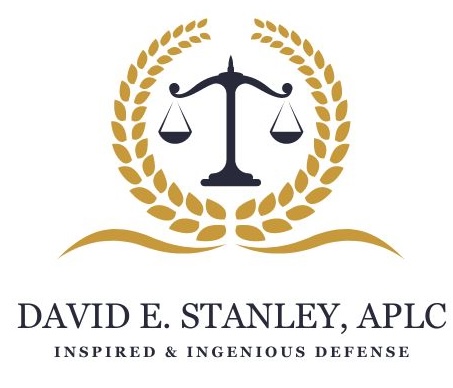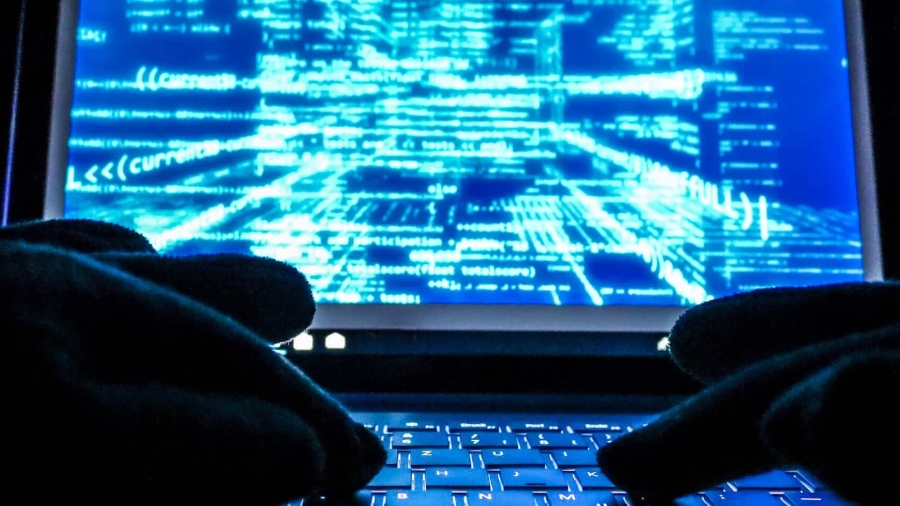There are many different sorts of computer crimes, but hacking is one of the most well-known. Hackers have impacted everything from the economy to the political by penetrating every part of our life as data breaches have become more common.
Hacking, however, isn’t always considered a crime because of the various degrees of hacking, its growing ubiquity in our culture, and it’s critical to know where the borders are set.
Hacking into a computer system is a severe offense. It’s a very technical charge, meaning you’ll have to defend yourself by knowing the laws related to your situation. David E. Stanley, a criminal defense lawyer, can provide legal advice if you have been involved in a computer hacking activity.
Need Legal Advice About Computer Hacking?
Contact David E. Stanley for a Consultation
Call 225-926-0200 Now!
Computer Hacking Defined
Hacking is the process of breaking into a computer system. As mentioned earlier, hacking isn’t necessarily a crime because “ethical hacking” occurs when a hacker is permitted to exploit security networks legitimately. To put it another way, it’s when a hacker gets the necessary permission or authorization. On the other hand, hacking crosses the criminal line when a hacker gains access to someone’s computer system without their consent or authority.
If you face a computer hacking charge, you admit that you accessed another party’s computer system or network without their permission or legal authority. At least four federal statutes may apply to your situation. Let’s go through each briefly.
Four Computer Hacking Federal Statutes
1. The Stored Communications Act (SCA)
The SCA, enacted in 1986, gives network service providers’ clients legislative privacy protection. The SCA governs how the government can access stored account information from Internet Service Providers (ISPs). E-mail addresses, as well as subscriber and billing information, are usually included in this account information. The SCA, in particular, lays down the procedure that state and federal law enforcement officials must follow to compel the provider to release these materials.

2. The Defend Trade Secrets Act (DTSA)
The DTSA was enacted to protect trade secrets. When a trade secret is misappropriated, the DTSA establishes a private civil right of action for victims of trade secret espionage or theft. The stolen trade secret must be related to a product or service utilized in, or intended for use in, interstate commerce.
3. The Electronic Communications Privacy Act (ECPA)
The ECPA was passed to protect customers’ privacy rights when their ISP personal information is revealed. Violations can result in civil penalties and criminal proceedings in some situations.
4. The Computer Fraud and Abuse Act (CFAA)
The federal law that prohibits computer fraud and abuse is called CFAA. This federal statute addresses legal and criminal access to government and financial information technology networks. It was created to reduce computer system cracking and address federal computer-related offenses. The CFAA is federal legislation that criminalizes hacking or breaking a government computing system.
Each of these rules may apply in different situations, so it’s a good idea to check to see if any of them or other laws are applicable to your situation.
The primary statute to be concerned with is the CFAA. This one makes it illegal to hack into another person’s computer system. Unauthorized access is against the law, and the legislation attempts to protect servers, laptops, cellphones, tablets, and desktop computers from hacking.
What Kind of Punishments Could You Face if Accused of Hacking?
Depending on your criminal history, you might face a sentence of one to ten years in jail for trafficking in passwords under the CFAA. If you use computers to extort money or assets, you might face a five-year prison sentence. If you hack into a computer to steal information, you could face a sentence of one to five years in prison.
The first offense concerning national security could result in ten years in jail. Second convictions can result in jail sentences of up to 20 years.
Victims of CFAA violations have several alternatives. For example, they may demand the seizure of the offending party’s property or seek injunctive remedies. They may also request to impound stolen information and gadgets so they cannot be reassessed.
Frequently Asked Questions:
Is Computer Hacking a Crime?
A crime is committed whenever someone enters a computer without permission, even if the person does not take information or cause harm to the system. Hacking offenses are likely to be tried in state or federal court for one of the crimes outlined above. Hacking is also expressly targeted by several laws.
What is the Consequence of Hacking?
Hacking is a severe offense that can result in serious legal ramifications. Hacking is often categorized as a misdemeanor or felony white-collar crime, depending on the amount of damage or money stolen. Jail or prison time, as well as criminal fines and retaliation, are all possible criminal consequences.
What is the Penalty for Hacking a Phone?
Penalties for misdemeanors can range from a year in county jail to three years in prison for felonies, depending on the specifics of the case.

Credible Defense Lawyer
David E. Stanley APLC’s primary focus is on each client’s well-being and is determined to find a solution to their specific legal challenge. Attorney David E. Stanley will treat you with dignity, respect, and compassion in any scenario. Don’t hesitate to contact Mr. Stanley if you need advice on a computer hacking case you may be involved in.
Looking for a Criminal Defense Attorney?
Book a Consultation with David E. Stanley, APLC
Call 225-926-0200 Now!
David E. Stanley, APLC
1055 Laurel Street Suite 2
Baton Rouge, LA 70802
225-926-0200

David Stanley is the founder and principal of David E. Stanley APLC. Since 1983, Mr. Stanley has successfully practiced law from his office in Baton Rouge, Louisiana.


